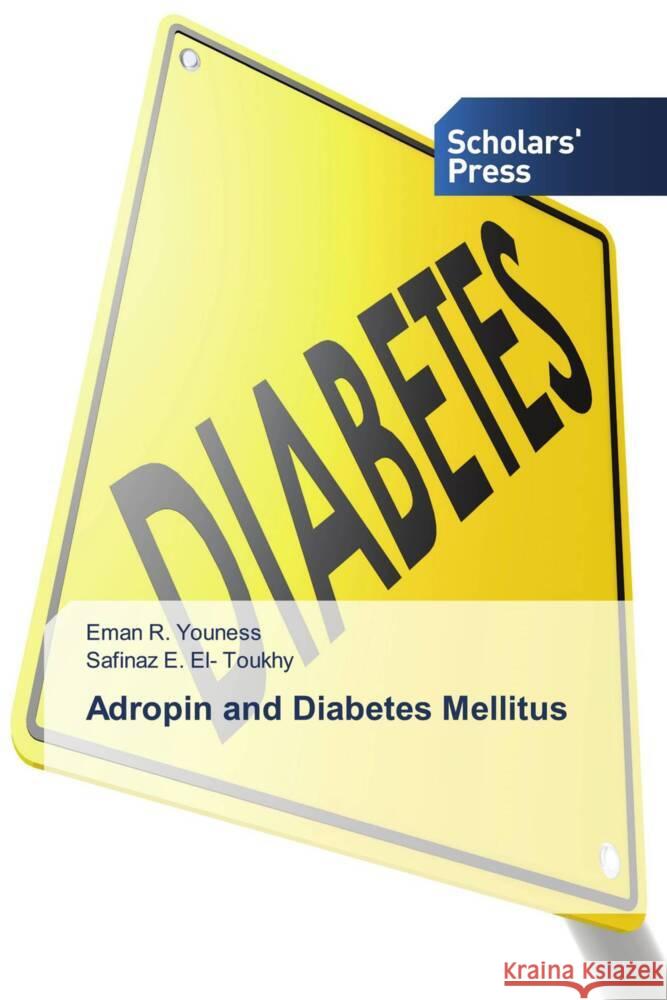Adropin and Diabetes Mellitus » książka
Adropin and Diabetes Mellitus
ISBN-13: 9786138956761 / Angielski / Miękka / 60 str.
Diabetes mellitus (DM) is a chronic metabolic disorder characterized by persistent hyperglycemia. It may be due to impaired insulin secretion, resistance to peripheral actions of insulin, or both. Chronic hyperglycemia in synergy with the other metabolic aberrations in patients with diabetes mellitus can cause damage to various organ systems, leading to the development of disabling and life-threatening health complications, most prominent of which are microvascular (retinopathy, nephropathy, and neuropathy) and macrovascular complications leading to a 2-fold to a 4-fold increased risk of cardiovascular diseases. Adropin is a peptide hormone encoded by the energy homeostasis-associated (ENHO) gene. The nomenclature of adropin is derived from the Latin roots "aduro" and "pinquis," meaning "promoting fat burning," with identical amino acid sequences in humans and mice. The biological effects of adropin are mediated through activation of the orphan G protein-coupled receptor 19 (GPR19). There is a positive association between human serum adropin levels and fat intake and a negative association with carbohydrate intake.











